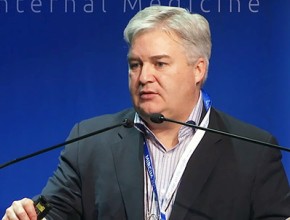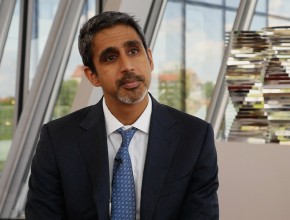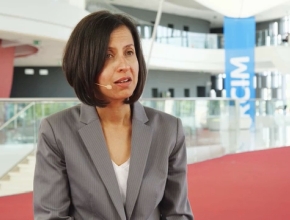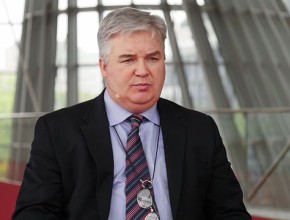How should we prepare for a major surgery a patient without cardiovascular disease but at a high cardiovascular risk?
P.J. Devereaux: The same evaluation as I just suggested [see: Preparing a patient with cardiovascular disease for major surgery]. The one thing to recognize is that some patients who do have significant cardiovascular disease may not have symptoms known before surgery and the reason is that a lot of the patients undergoing surgery are very immobile for 6 months to a year before their surgery. Most people getting orthopedic surgery have a lot of limitation in their overall activity levels because of the actual underlying orthopedic condition. A lot of cancer patients are immobile before their surgery. The problem is when you just ask them clinically, “Do you get chest discomfort or shortness of breath?” they may say no, but the problem is they are not stressing themselves enough.
If you want to talk about people without known cardiovascular disease, anyone above the age of 45 should be assessed for preoperative symptoms using the Revised Cardiac Risk Index. Patients who are aged 65 or more or have a Revised Cardiac Risk Index score of 1 or greater should undergo preoperative N-terminal prohormone of brain natriuretic peptide (NT-proBNP) or brain natriuretic peptide (BNP) measurement.
 English
English
 Español
Español
 українська
українська








